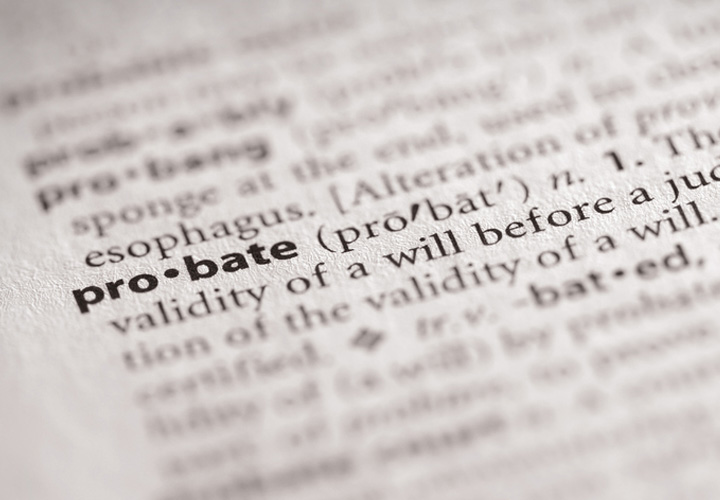
When is Probate Required in Kentucky?
Many people believe that you don’t need to go through probate in Kentucky if you have a will. That isn’t correct. Your estate may be subject to probate even if you have a will. Here’s a rundown of the many types of estates that must be probated in Kentucky. But first, let’s understand more about probate.
What is Probate?
Probate is the process of settling a person’s estate after they pass away. The distribution of assets to creditors, heirs, and/or beneficiaries is overseen by the probate court.
Which Estates Go Through Probate in Kentucky?
Probate is typically required for estates with more than $15,000 in probate assets. So, what exactly are probate assets? In general, any assets held solely in a person’s name are susceptible to probate.
The presence of a will does not preclude an estate from being managed through the probate courts. Probate is required depending on the value of a person’s assets and how they are titled.
Understand that one can use a will for various purposes, including naming a guardian for your children, laying out funeral plans, and establishing trusts for disabled people to receive assets. However, even if you have a will, it is not always the case that possessing one is sufficient to avoid probate.
What counts is the size of your estate, its value, and how each asset is named. So, while determining if probate is required, one of the first questions a Louisville Probate Lawyer must ask is:
- What were the deceased’s assets?
- What city are they in?
- What are the titles of these assets? Are they owned individually or jointly?
Which Estates DON’T Go Through Probate in Kentucky?
Because they fall below a set threshold, some estates are exempt from probate. As previously stated, estates having a value of less than $15,000 are considered minor estates and are excused from the entire process.
Even if an estate’s value exceeds this limit, it may still be able to avoid probate if it has certain assets that are not subject to probate. These are some of the assets:
- Joint tenancy — the surviving joint renter automatically owns the property.
- Tenancy by the whole — the surviving spouse automatically becomes the sole owner.
- Beneficiary designations — upon the death of the account holder or policyholder, the beneficiaries of retirement accounts and life insurance policies are entitled to the assets.
- Payable/transfer on death accounts (POD or TOD) — following the death of the account holder, designated beneficiaries, if any, are entitled to bank and brokerage accounts.
- Assets kept in a revocable living trust — Assets maintained in a revocable living trust are not subject to probate if you have funded it.
Why is it Better to Open Probate in Either Case?
Even if there are no probate assets in a person’s estate – for example, everything was jointly owned – it may be a good idea to begin probate in Kentucky with the help of a Louisville Probate Lawyer.
Why? Because creditor’s claims in Kentucky are not subject to a time limit or a statute of limitations. Creditors sometimes show up years after a person has died, attempting to collect on assets that may have been part of the estate.
Creditors have six months from the appointment of the executor or administrator to submit a claim if probate is filed and an estate is opened. However, creditors are often forbidden for life once the six-month period has expired.


